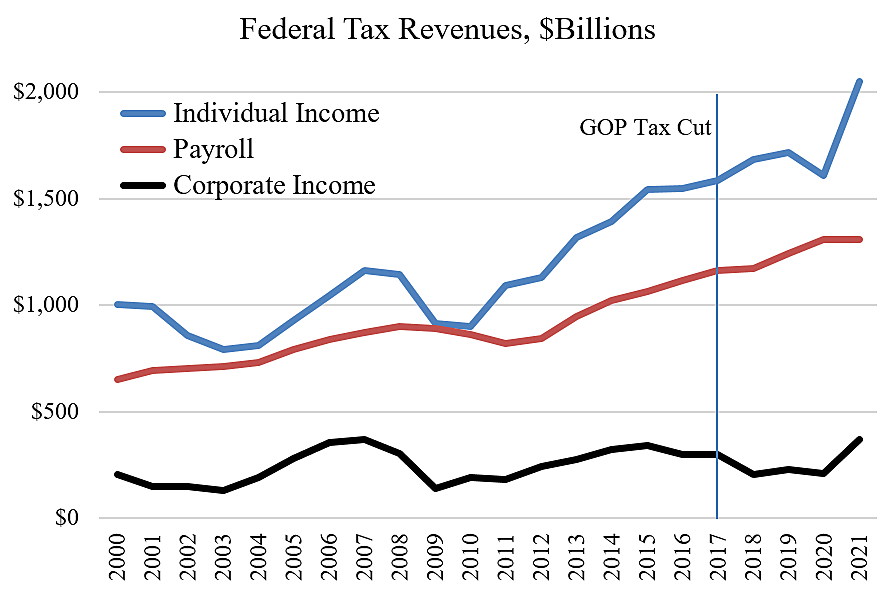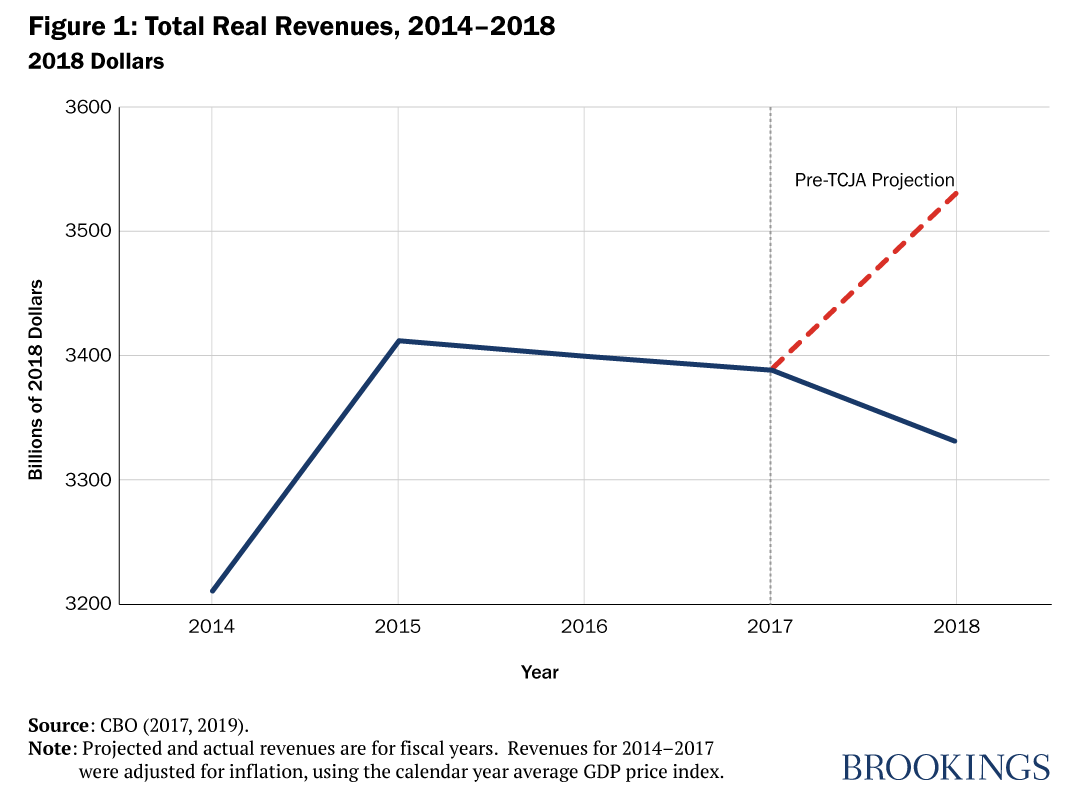- Joined
- Oct 27, 2011
- Messages
- 102,034
- Reaction score
- 45,511
- Gender
- Male
- Political Leaning
- Conservative
Fun fact...
There are only two Presidents in the 20th and 21st centuries who reduced the national debt...and they were both Republicans.

:max_bytes(150000):strip_icc()/INV_NationalDebtbyPresident_GettyImages-1242324423-48b3a4a710c1406f8c52cd5517fe574f.jpg)
 www.investopedia.com
www.investopedia.com
There are only two Presidents in the 20th and 21st centuries who reduced the national debt...and they were both Republicans.

:max_bytes(150000):strip_icc()/INV_NationalDebtbyPresident_GettyImages-1242324423-48b3a4a710c1406f8c52cd5517fe574f.jpg)
U.S. Debt by President: Dollar and Percentage
The national debt has increased under most U.S. presidents. Here is how much each president's time in office added to the U.S. debt by percentage and dollar amounts.


